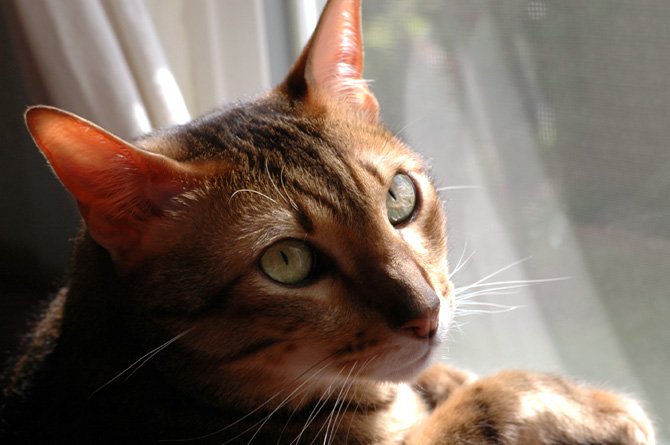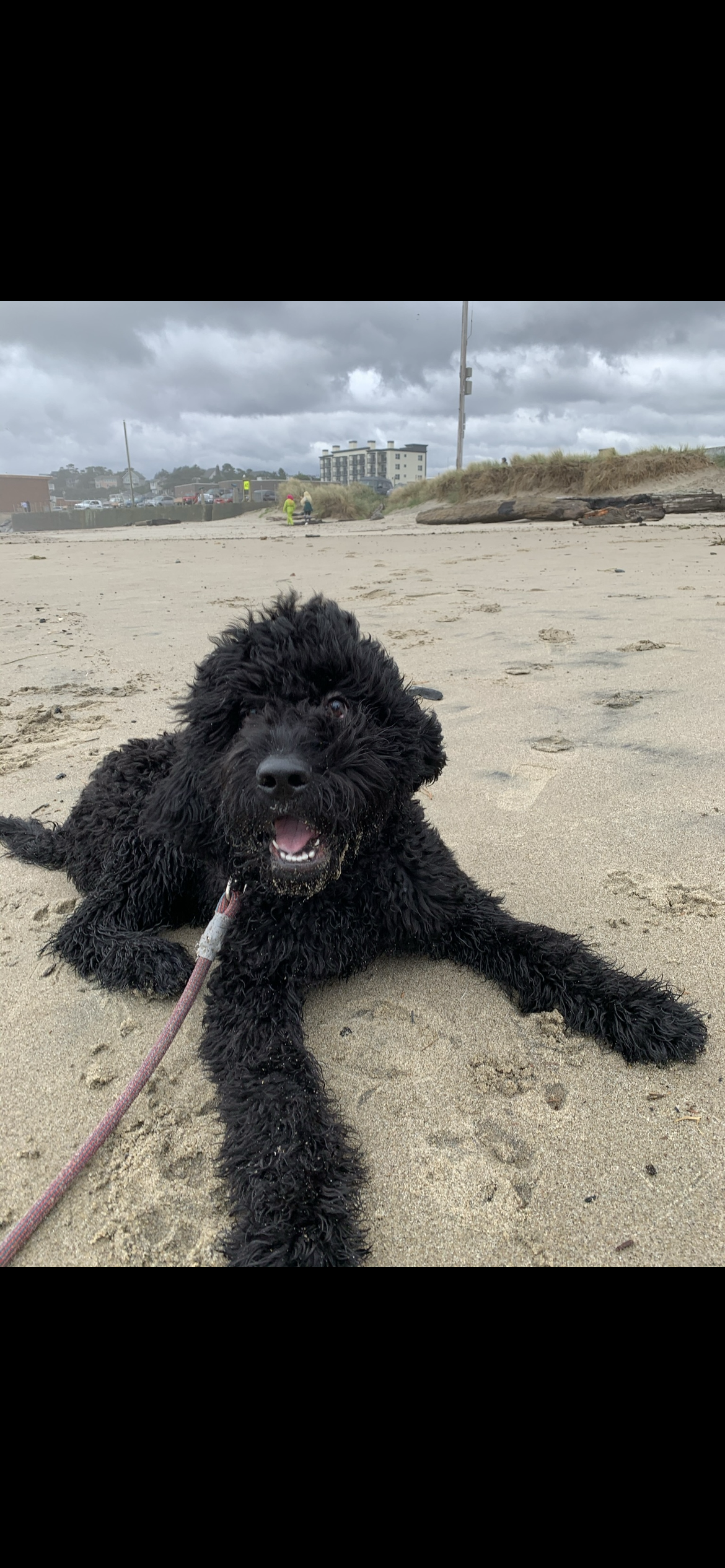SERVICES
At Fern Hill Veterinary Care, we strive to provide the best quality care for you and your pet. Take a look at the services we provide!
-
We’ll be there for your pet from the first visit to throughout your pet’s life to provide the best care possible.
The most important part of all—staying well!
Dogs and cats age much more quickly than we do. We strongly recommend semi-annual exams for all pets- a full check-up once every six months. This is a great way to track and ensure the optimum weight, assess dental health, check for orthopedic and heart disease, and more. We want to stay ahead of disease, not treat it, whenever possible. We are strong believers in preventative care. Here’s to the longest, healthiest life for your pets!
-
We are here for you and your pets! Most of the time, we can accommodate same-day Urgent Care appointments—we do our very best, and we want to help!
Please call us if your pet is acutely ill or injured and you are concerned.
Dr. Alicia Zambelli and Dr. Shana Downes have worked at some of the premier emergency hospitals in Portland and have extensive emergency/critical care experience; they have trained some of the area’s top ER veterinarians themselves.
All of our doctors are extremely experienced veterinarians, so we know your pet will be in excellent hands!
SOME EXAMPLES OF URGENT HEALTH CARE ISSUES INCLUDE:
-Skin injuries
-Difficulty breathing or coughing
-Bleeding
-Inability to urinate or defecate
-Injuries to your pet's eye(s)
-Seizures and/or wobbling
-Accidental ingestion of something you are concerned could be harmful
-Severe lameness or inability to move
-Obvious signs of pain or extreme anxiety
-Vomiting or diarrhea
-Not eating or drinking
-
Vaccine rotation is something we believe in at Fern Hill Veterinary Care. We can help you decide the best vaccine regime for your pet. When it comes to picking the correct immunizations for your pets’ lifestyle, we follow the vaccine guidelines set out by the American Animal Hospital Association (AAHA) and the American Veterinary Medical Association (AVMA).
-
We understand leaving your pet for anesthesia and a surgical procedure can be extremely stressful. We take these procedures very seriously, and have Licensed Veterinary Technicians assisting our very experienced doctors throughout.
Our team has literally performed thousands of anesthetic procedures in our various careers, and we treat each pet as though they were our own.
We’ll provide you with detailed pre-operative instructions, as well as pre-operative medications, if needed. We will also perform pre-operative bloodwork to be sure their metabolic function is normal, in order to minimize anesthetic risk.
Post operatively, we'll go over all aftercare instructions with you to ensure a smooth recovery. Our surgical team is passionate about providing exceptional care for you and your beloved pet.
-
When a pet goes missing, a microchip can greatly boost the chances of them being found. The staff at Fern Hill Veterinary Care highly recommends this simple and quick procedure.
A little microchip is implanted between the dog’s or cat’s shoulder blades (other animals such as horses, ferrets, and most mammals can be microchipped too). A scanner can read the microchip’s identifying number, which can be read by a scanner. The chip can be scanned at a veterinarian’s office or an animal shelter to determine who owns the animal.
When your pet is microchipped, your veterinarian will ask for your current contact information, which will be entered into a national database. Your name, address, and phone number will be permanently linked to the unique 15-digit number on your pet’s microchip, allowing you to track down your pet if it goes missing.
-
According to the American Veterinary Dental Society, by the age of three, 70 percent of adult cats and 80 percent of adult dogs show signs of dental disease. Excessive drooling, sore or bleeding gums when eating or chewing, and a diminished appetite are all symptoms that a pet’s teeth need to be cleaned.
HOW OFTEN SHOULD I BRUSH MY PET’S TEETH?
Dental illness can be avoided if you pay attention to your pet’s dental health. Every pet’s mouth is unique, just like humans’. Dental exams and cleanings are required on a yearly and semi-annual basis (in older pets) to maintain good oral health. Home care is essential in addition to wellness checks and routine dental cleanings at Fern Hill Veterinary Care.
It’s critical to attend your pet’s annual health checks so that we can assess whether or not a comprehensive dental cleaning is required. Brushing/wiping, dental treats/food, and water additives are all excellent at-home preventatives for keeping your pet’s mouth and teeth healthy.
AT FERN HILL VETERINARY CARE, WE RECOMMEND THE FOLLOWING:
We recommend semi-annual oral evaluations and routine cleanings to maintain your pet’s dental health and prevent serious disease. A thorough oral and dental evaluation can only be done under general anesthesia.
Full mouth dental radiographs (x-rays) allow us to assess your pet’s mouth for hidden disease and sources of oral pain.
We have a strong emphasis on preventative dentistry at Fern Hill Veterinary Care, as well as extensive experience with advanced anesthesia. This allows us to minimize risk while providing this incredibly important service.
-
Although humans and animals are different in many ways, some advances in human medicine are also very useful for veterinary patients. One of these advances, diagnostic ultrasound, has proven to be a powerful tool in veterinary medicine. As a practice, one of our goals is to offer state-of-the-art medicine and diagnostic testing; so we are pleased to offer ultrasound services as a means of providing a higher level of quality care to our patients.
Ultrasonography is a diagnostic procedure that creates an image study by using ultrasonic waves. This means that we can observe internal images of the patient’s body during ultrasonography. Ultrasonography, unlike some other imaging techniques such as x-rays, does not employ radiation. Ultrasonography, on the other hand, employs high-frequency sound waves (ultrasound) to build a picture of what’s going on inside your pet’s body. Ultrasonography is a painless, non-invasive method of diagnosing and evaluating a wide range of disorders.
Ultrasound waves are created by an ultrasound machine. The equipment is connected to a little probe that is softly pressed against the skin of your pet. The probe emits painless ultrasound waves that bounce off structures in your pet’s body (such as organs) and return to a sensor inside the ultrasound machine. These reflected “echoes” are collected by ultrasound equipment and used to create images that may be viewed on a screen. Ultrasound waves can produce clear images of the liver, spleen, gallbladder, and kidneys, among other abdominal organs. It can also be used to evaluate fetal health and track pregnancy in breeding animals, as well as diagnose and stage (identify the severity of) some cancers.
-
Needling’s principal therapeutic effects start with the stimulation of nerve fibers around a spot.
These stimuli subsequently cause changes in nerve signaling and neurotransmitter activity from the “periphery” (i.e. the acupuncture point) to the central nervous system (brain and spinal cord) and autonomic nervous system centers, which help to balance nerve signaling and neurotransmitter activity (that govern processes like glandular activity, immune status, digestion, mood, and more). Acupuncture also relieves muscle tension and the encircling fibrous network known as “fascia.”
For thousands of years, acupuncture has been utilized in Chinese veterinary medicine to heal ailments and as a preventive therapy. It entails inserting acupuncture needles into certain body locations to induce a healing response. Acupuncture is used to treat a variety of problems in animals of all kinds, either alone or in combination with orthodox western treatment.
Speak with our doctors about how acupuncture might benefit your pet’s health and ease discomfort.
-
Maintaining a healthy weight and eating healthy food can extend life expectancy, improve quality of life, reduce the risk of numerous diseases (such as arthritis, diabetes, and heart disease), and aid in managing chronic medical conditions.
Every pet’s health evaluation includes a dietary assessment and a weight check. We’ll also look at your pet’s weight trends, as weight growth or loss can signal an underlying ailment or the need to adjust your feeding schedule.
PRESCRIPTION DIETS
For your convenience, we sell a comprehensive line of prescription diets. Once you get a small bag from us, we can connect you with easy online ordering and home delivery for future refills.
OBESITY AND LOSS OF WEIGHT
At least 40% of our dogs and cats are overweight, according to estimates. When a pet’s weight surpasses 10-15% of its ideal body weight, it might create health complications. An overweight pet is more likely to develop arthritis, respiratory problems, high blood pressure, congestive heart failure, liver disease, decreased heat tolerance, increased skin disease, increased anesthetic/surgical risks, diabetes, and reduced resistance to infectious diseases, among other issues. A pet is considered obese when its weight exceeds 15% of its body weight. Although no one enjoys hearing the word “obesity,” there are some things you can do to assist your pet in losing weight. Weight loss should be gradual and accompanied by a well-balanced diet.
OTHER WEIGHT-LOSS RECOMMENDATIONS:
Don’t guess; use a measuring cup.
Find out how many calories your “diet” pet food has; many “light” pet foods aren’t genuinely low-calorie. Consult your veterinarian for recommendations on diets and feeding amounts.
Low-calorie snacks, such as one or two kibbles of food, commercial low-calorie treats, carrots, green beans, and other vegetables, are ideal for your pet.
Feed pets individually in a multi-pet household to track how much each consumes.
To measure weight loss and check progress, weigh your dog or cat every 2-4 weeks.
Congratulate yourself and discuss a maintenance diet with your veterinarian after your pet has reached its optimal weight.










